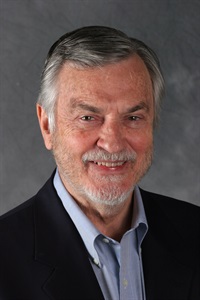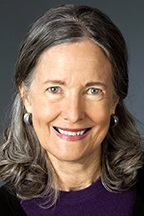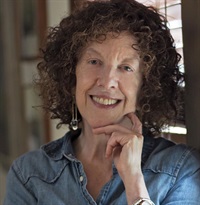EP17 Speech with Discussant 07 - The Space Between: A New Way to Think About Couples Therapy - Harville Hendrix, PhD, Helen LaKelly Hunt, PhD and Harriet Lerner, PhD
- Average Rating:
- Not yet rated
- Topic Areas:
- Speeches with Discussants | Couples Therapy | Relationships | Experiential Therapy | IMAGO
- Categories:
- Evolution of Psychotherapy | Evolution of Psychotherapy 2017 | Pioneers in Couples and Family Therapy
- Faculty:
- Harville Hendrix, PhD | Helen LaKelly Hunt, PhD | Harriet Lerner, PhD
- Duration:
- 1:33:34
- Format:
- Audio Only
- Original Program Date:
- Dec 16, 2017
- License:
- Never Expires.
Description
Description: This lecture features Imago Relationship Therapy, emphasizing a shift from individualism to a relational model grounded in connection. The Imago Dialog process uses structured conversations to promote safety, empathy, and zero negativity. Key elements include daily affirmations, relational competency, and the “space between” partners. The session also addresses trauma and the importance of making these tools accessible across cultures.
Syllabus Description: Reimagining couple hood as a partnership, rather than a competition, requires reimaging the "space between," rather than "the space within," as the target of therapy. This relocation of the locus of change requires reimaging therapy as a process that facilitates connecting more than self-understanding. This lecture will propose "being" rather than "knowing" as the foundation of the therapeutic process and connection and wonder rather than insight and self-knowledge as the outcome.
Educational Objectives:
- Discuss the distinction between “being” and “knowing”.
- Compare the “space between” to the “space within”.
- Cite the basic historic shifts in the structure and function of couple hood.
*Sessions may be edited for content and to preserve confidentiality*
Credits
Handouts
| Timestamped Transcript (1.1 MB) | 28 Pages | Available after Purchase |
| Ericksonian Learning Snapshot (249.2 KB) | 2 Pages | Available after Purchase |
Faculty

Harville Hendrix, PhD Related Seminars and Products
Harville Hendrix, PhD and Helen LaKelly Hunt, PhD are partners in life and work. Their lives and work are integrated in their commitment to the transformation of couples and families and to the evolution of a relational culture that supports universal equality. Harville is co-creator of Imago Relationship Therapy and co-founder of Imago Relationships International. Chancellor of the Imago International Institute and emeritus board member of IRI. Dr. Hendrix has received an honorary Doctor of Humane Letters from Mercer University, Macon, GA, the Distinguished Service Award from the American Association of Pastoral Counselors, and the Distinguished Contributors Award by the Association for Imago Relationship Therapy. His latest book, written with his wife, Helen Hunt, is Receiving Love.

Helen LaKelly Hunt, PhD Related Seminars and Products
Harville Hendrix, PhD and Helen LaKelly Hunt, PhD are partners in life and work. Their lives and work are integrated in their commitment to the transformation of couples and families and to the evolution of a relational culture that supports universal equality.

Harriet Lerner, PhD Related Seminars and Products
Harriet Lerner, PhD, is a clinical psychologist and a contributor to feminist theory and therapy. From 1972 to 2001, she was a staff psychologist at the Menninger Clinic in Topeka, Kansas and a faculty member and supervisor in the Karl Menninger School of Psychiatry. During this time she published extensively on the psychology of women and family relationships, revising traditional psychoanalytic concepts to reflect feminist and family systems perspectives.


